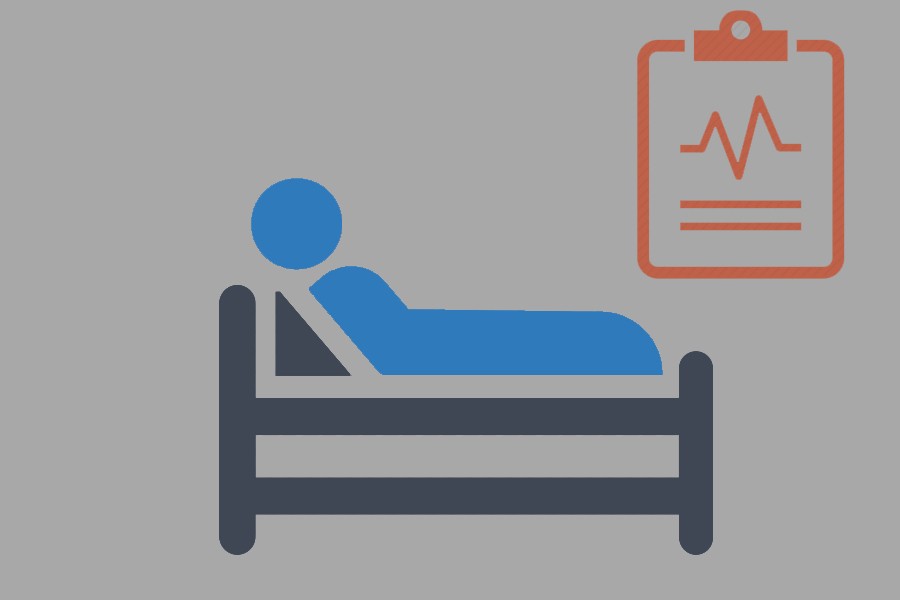
Published :
Updated :

The Prime Minister's recent promise to set up five more medical universities in the country if her party is re-elected to power appears to be reassuring. People concerned about the inadequate healthcare facilities will take heart from the pledge. Given the narrow coverage of the country by the lone university, Bangabandhu Sheikh Mujib Medical University (BSMMU), the need for more well-equipped medical universities has long been overdue. The proposed five universities are slated to be set up in five divisional headquarters. Presently, apart from the BSMMU, three medical universities are about to open in Rajshahi, Sylhet and Chattogram. With their inaugural, the number of such universities offering advanced studies for medical graduates will be four. One hopes these universities will not finally end up being mere degree-conferring institutions. With the BSMMU struggling to cope with the rush of patients, the new universities are expected to share some of its burden. Moreover, they will add to the all-round treatment, on-hand training and research facilities available in the country.
In the cases of complicated treatment and surgeries, people in general take recourse to the lone public medical university. Due to its relatively low consultation fees and medical services, including surgery, patients from all strata rush to the BSMMU. Besides, like the government-run Dhaka Medical College Hospital (DMCH) and the other specialised ones, the university hospital is equipped with latest technology. It's manned by experienced and senior professors and experts. However, there is a flipside: the blights of politicisation and factionalism. Years after the inaugural of BSMMU in 1998, the university-cum-hospital has been plagued by professional feuds and political groupings among doctors and the staff. To the distress of treatment-seekers, these non-professional activities created impediments to all medical functions. Prior to opening of new medical universities, all types of agitation ought to be declared prohibited on their campuses. Or else, the very objective of producing highly qualified medical professionals and ensuring improved treatment is feared to go awry.
With the qualified doctors' reluctance to remain posted in rural areas, the country's healthcare sector is performing poorly. The churning out of doctors with impressive degrees, thus, proves a futile state exercise. Meanwhile, attempts by a few private medical colleges to have them recognised as universities are presumed to shove the health sector into uncharted waters. The country has 61 private medical colleges in operation. A few of them have stood out with their quality teaching and medical services. The country has yet to have a fully operative private medical university. Given this fact, the authorities concerned ought to make an in-depth study of the pros and cons of giving a nod to private medical universities. What makes many feel edgy about the issue is the slipshod performance of many privately run general universities in the country.
A stark reality defining the country's healthcare sector is its plight caused by the acute dearth of qualified doctors and surgeons. The challenge before the medical universities is to produce brilliant doctors who can fill up the gap.
New and dedicated doctors coming out of the public universities will, hopefully, make a big difference to the shambolic situation.


 For all latest news, follow The Financial Express Google News channel.
For all latest news, follow The Financial Express Google News channel.